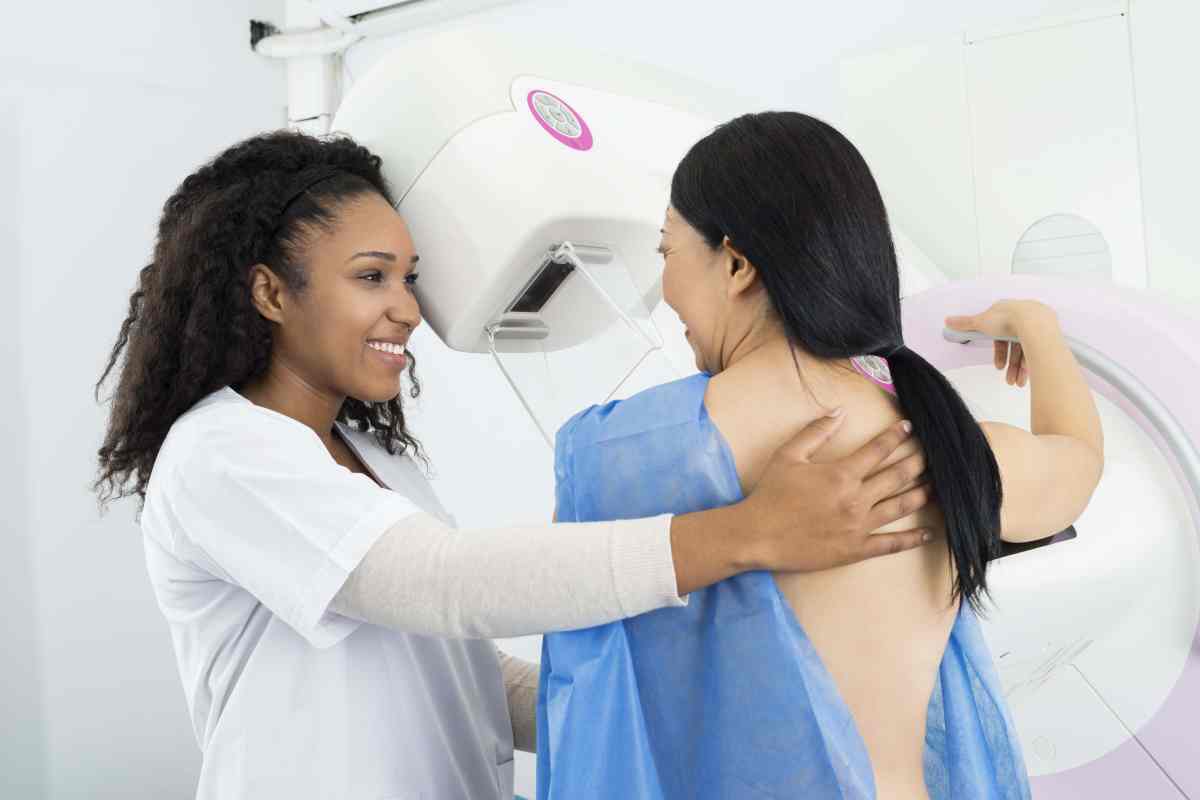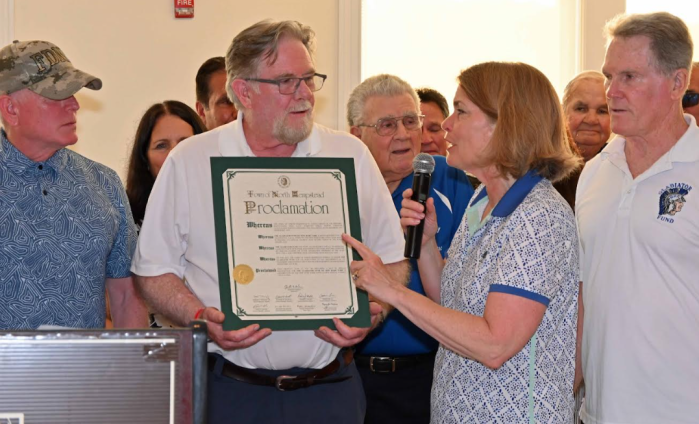The American Cancer Society says breast cancer is the most common newly diagnosed cancer in women and the second leading cause of cancer death of women in the U.S. But due to advanced research, treatment and therapies, the survival rate is increasing, and quality of life is improving for survivors.
And there are quite a few on Long Island. From 2011 to 2015, the average annual cases of female breast cancer were 1,295.2 in Nassau County and 1,316 in Suffolk County. The average annual deaths ranged from 191 in Nassau to to 201.8 in Suffolk, according to the New York State Department of Health.
In honor of Breast Cancer Awareness Month, here’s to giving hope for patients diagnosed with breast cancer:
EARLY DETECTION
A major advance in mammography has been the development of 3-D digital tomosynthesis, “which takes multiple images at different depths of the breast and has a greater ability to distinguish cancer from non-cancer,” says Dr. George Raptis, breast medical oncologist in the Don Monti Division of Medical Oncology and Hematology at Northwell Health Cancer Institute in Lake Success.
“New York has joined other states to add the requirement that if a patient has dense breasts, they should be informed [by their doctor] to consider a sonogram in addition to a mammogram,” which can further assist in detecting abnormalities, Dr. Raptis notes.
The American Cancer Society recommends that women age 40 to 44 who are at average risk should have the choice to start annual breast cancer screening with mammograms. Women age 45 to 54 should get yearly mammograms and women 55 and older should switch to mammograms every two years, or continue yearly screening. Women who are at high risk for breast cancer should get an MRI and a mammogram every year, typically starting at age 30.
TARGETED SURGICAL TREATMENTS
“Oncoplastic techniques to treat breast cancer bring breast cancer surgery and plastic surgery together so patients now have a nicer outcome,” says Dr. Christine Hodyl, director of Breast Services at South Nassau Communities Hospital in Oceanside. For patients who have a mastectomy, immediate breast reconstruction now has better results, less pain and a quicker recovery, she adds.
Today, “giving dose-dense chemotherapy for patients [diagnosed] with early-stage breast cancer is dramatically improving outcomes,” says Dr. Raptis. Also, utilizing the Norton-Simon hypothesis — which states that the rate of cancer cell death in response to treatment is directly proportional to the tumor growth rate at the time of treatment — while treating HER2-positive breast cancer (a breast cancer that tests positive for the human epidermal growth factor receptor 2 protein), has further reduced the risk of developing metastasis cancer, he explains.
“Genetic testing and counseling is a big field; we know more about the genes and can better identify those at risk,” adds Dr. Hodyl, referring to BRCA1 and BRCA2 [specific inherited mutations that can increase the risk of female breast and ovarian cancers] among others.
INCREASED AWARENESS
Patients are visiting their physicians sooner than later, which can lead to a better outcome, says Dr. Hodyl.
“People are also making good health choices overall, with or without a breast cancer diagnosis,” she adds. These include exercising, eating fewer processed foods and red meats, and consuming less alcohol. These healthy habits may help patients diagnosed with breast cancer respond better to traditional treatment, she says.
Dr. Hodyl advises women to bring anything suspicious — any change, lump or change on the skin, something that looks or feels different than before — to their physician’s attention.
RESOURCES
Carol M. Baldwin Breast Care Center
Stony Brook, 631-638-1000
CloSYS Oral Health Products
Relief for mouth sores associated with chemotherapy, closys.com
Good Samaritan Hospital
Breast Health Center, West Islip, 631-376-3000
Great Neck Breast Cancer Coalition
Great Neck, 516-829-1139
Huntington Breast Cancer Action Coalition
Huntington, 631-547-1518
Natural Pain Solutions
Medical Marijuana, East Northport, 631-262-8505
Northwell Health Cancer Institute
Lake Success, 516-734-8778
Planned Parenthood
Hempstead, 516-750-2508; Smithtown.
631-361-7526, plannedparenthood.org
West Islip Breast Cancer Action Coalition
West Islip, 631-669-7770


































